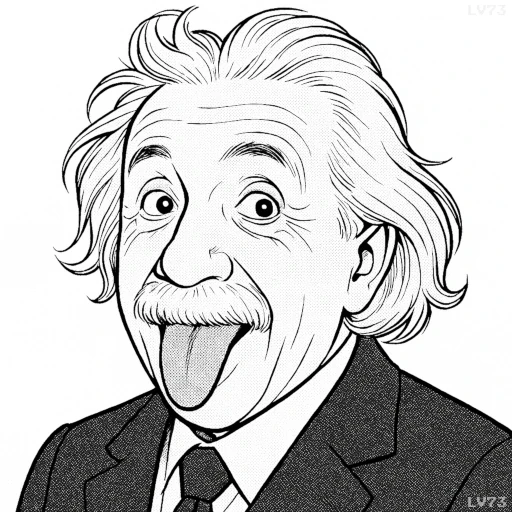“A table, a chair, a bowl of fruit and a violin; what else does a man need to be happy?”

- March 14, 1879 – April 18, 1955
- German-born Jew
- Physicist
table of contents
Quote
“A table, a chair, a bowl of fruit and a violin; what else does a man need to be happy?”
Explanation
In this quote, Einstein expresses a belief in simple pleasures and minimal needs for happiness. He suggests that true contentment does not require extravagance or complexity. The items he lists—a table, a chair, a bowl of fruit, and a violin—represent basic needs (sustenance and comfort) alongside a source of creativity and expression (the violin). For Einstein, happiness lies not in material abundance but in appreciating the essentials that nourish the body, mind, and spirit.
Historically, many philosophers and spiritual teachers have advocated for simplicity as a path to fulfillment. Thinkers like Epicurus and Henry David Thoreau taught that true happiness comes from appreciating what we have rather than constantly seeking more. Einstein’s words reflect a similar perspective, suggesting that the elements of a good life are modest yet deeply satisfying, providing space for sustenance, relaxation, and creative expression.
In our modern, often materialistic world, Einstein’s quote is a reminder to find joy in simplicity. It encourages us to focus on what truly matters—nourishing our bodies, resting our minds, and engaging in activities that bring us peace and inspiration. By appreciating life’s simple gifts, we can cultivate a sense of contentment that is less dependent on external possessions and more grounded in inner fulfillment. This perspective invites us to seek happiness in modest pleasures, reminding us that true joy is often found in the essentials.
Would you like to share your impressions or related stories about this quote in the comments section?




